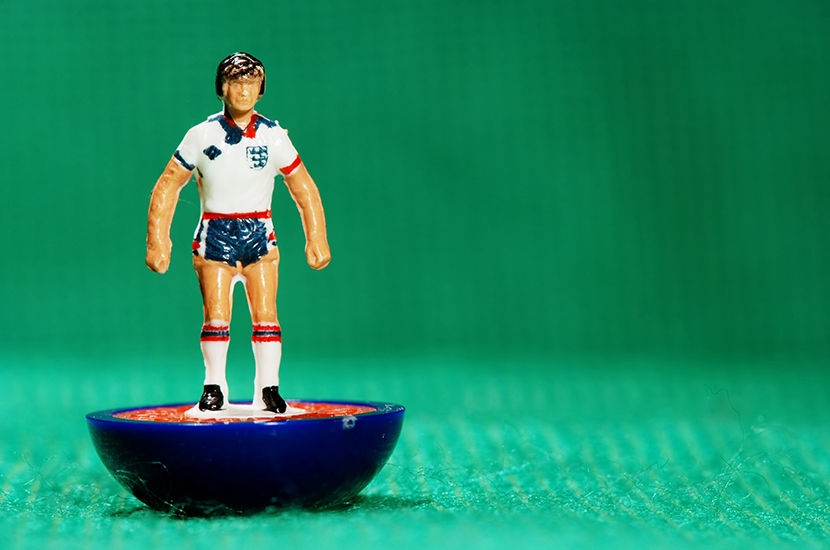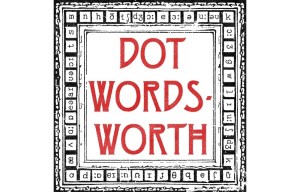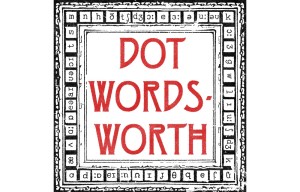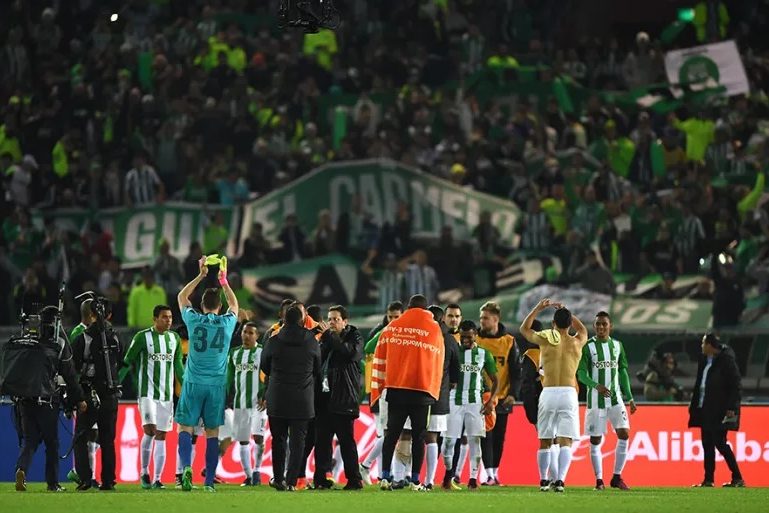I have never been a soccer mom, described in the Washington Post as ‘the overburdened, middle-income working mother who ferries her kids from soccer practice to scouts to school’. That was in 1996, during the American election campaign when Bill Clinton wished to appeal to this stereotype. I admit there have been days devoted to Veronica and gymkhanas, but that is a different matter.
I don’t understand why British writers should mind when the Americans call association football soccer. It used not to be foreign usage in the UK. As Steve Hendricks, an American from Boulder, Colorado, points out in a well-researched paper on the origins of soccer, Jimmy Hill called a book Striking for Soccer (1961) and Matt Busby called another Soccer at the Top (1973).
There has been a tendency in the last few years to call football footie. I’d call it footer, but footie seems to be more demotic. Oddly enough, Harrow called football footer in 1863, years before Rugby school spread the productive suffix er, after calling its own rugby football game rugger. Association football became soccer in the 1880s, at first sometimes written socker. The OED dates the fashion for er words to Michaelmas Term, 1875, at University College, Oxford. This precision is attributable to Oxford Outside the Guidebooks (1923) by Falconer Madan, librarian of the Bodleian, or Bodder as it was known.
There is even a reference to the waste-paper basket as the wagger-pagger-bagger in that little-read story of Oxford life, Sandford of Merton by Desmond Coke, 1903. (The title is a play on a moral tale, Sandford and Merton, published in the 1780s and popular for a century, at least among parents. It bore the phrase ‘Suffer the little children’ on the title page. In 1868, Mary Godolphin took the trouble of converting it into Sandford and Merton in Words of One Syllable — excepting Sandford and Merton.)
Both rugger and soccer went on being used unselfconsciously, whereas brekker is, I suppose, now always a little jocose. Sometimes it is in the form brekkers. But it’s a long way from the cricketing world of Aggers and Johnners (Jonathan Agnew and Brian Johnston) to anthem-booing soccer stadiums.
This article was originally published in The Spectator’s UK magazine. Subscribe to the World edition here.

























